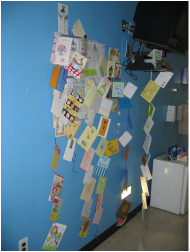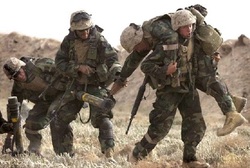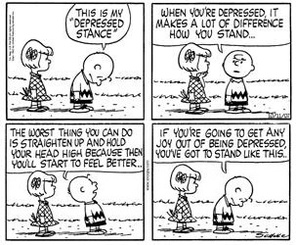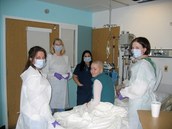
I came to a better understanding of this phenomenon when listening to the song by The Band Perry called “If I Die Young.” I don’t like the song for its words, which are rather depressing, but for the way its peaceful rhythm sounds. However, I listened to it several times over the last few weeks and one phrase did stand out to me: “It’s funny when you’re dead how people start listening.” I think this gives a name to the phenomenon I described.
It is definitely funny how people start paying attention to you as soon as something tragic happens. I was very bothered by that when I began my treatment. People who had previously never wanted to be my friend, people who had actually been mean to me before, were writing me letters telling me to “call anytime if you want to talk!” I was even more angered when I finished my treatment and saw how many of these people quickly forgot about me.
I recognized recently that I’ve been holding a grudge, a grudge against certain people who were never there for me when I wanted to be their friend, who were suddenly surrounding me as soon as I was at death’s door, and then disappeared when my treatment ended. In fact, I felt like I really hated these people because of their sudden interest in my life and the following disappearance of that interest. This put me in a bad position because it just led me to thinking mean thoughts. Ironically, I found myself wanting to ignore them as much as they had ignored me before. Yet, I have come to understand that such a train of thought is not worth it. The frustration and anger that developed from thinking about those people only led me to feel depressed, depressed because I found myself in a vicious cycle of asking why now and why not before.
My purpose in writing this post is to advise you against holding anger and frustration towards people who came to support you when you were diagnosed and then disappeared when you were better. Rather, as I have recently discovered, be grateful for the fact they were there when you were so sick. Be grateful for the cards and gifts that gave you something to open, something with which to divert your focus from the difficult reality you faced. Be grateful and forgive, then focus on those who were, and always will be, there for you.








 RSS Feed
RSS Feed

